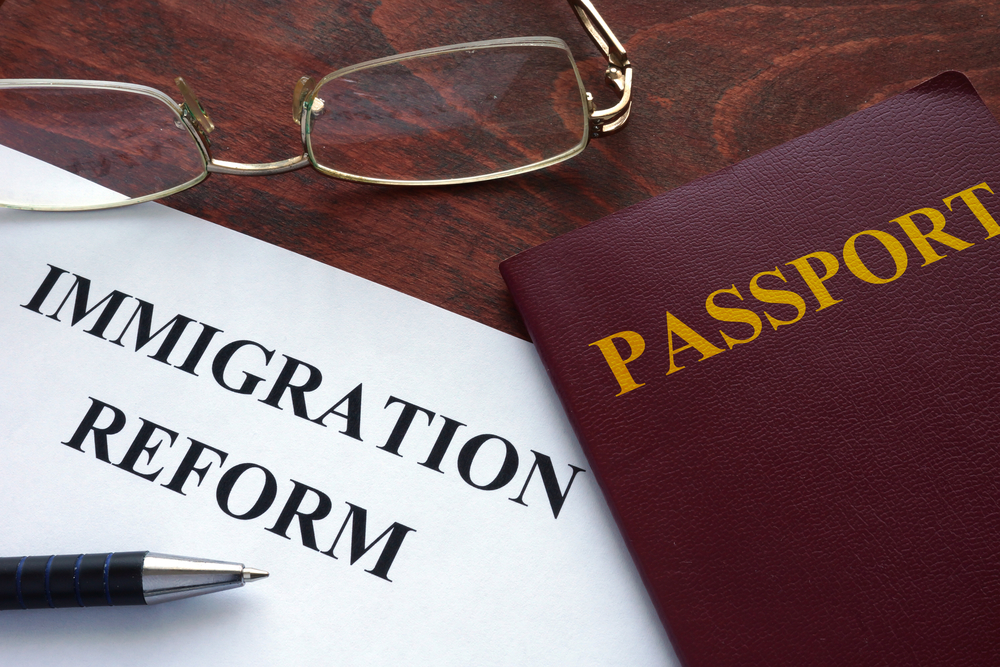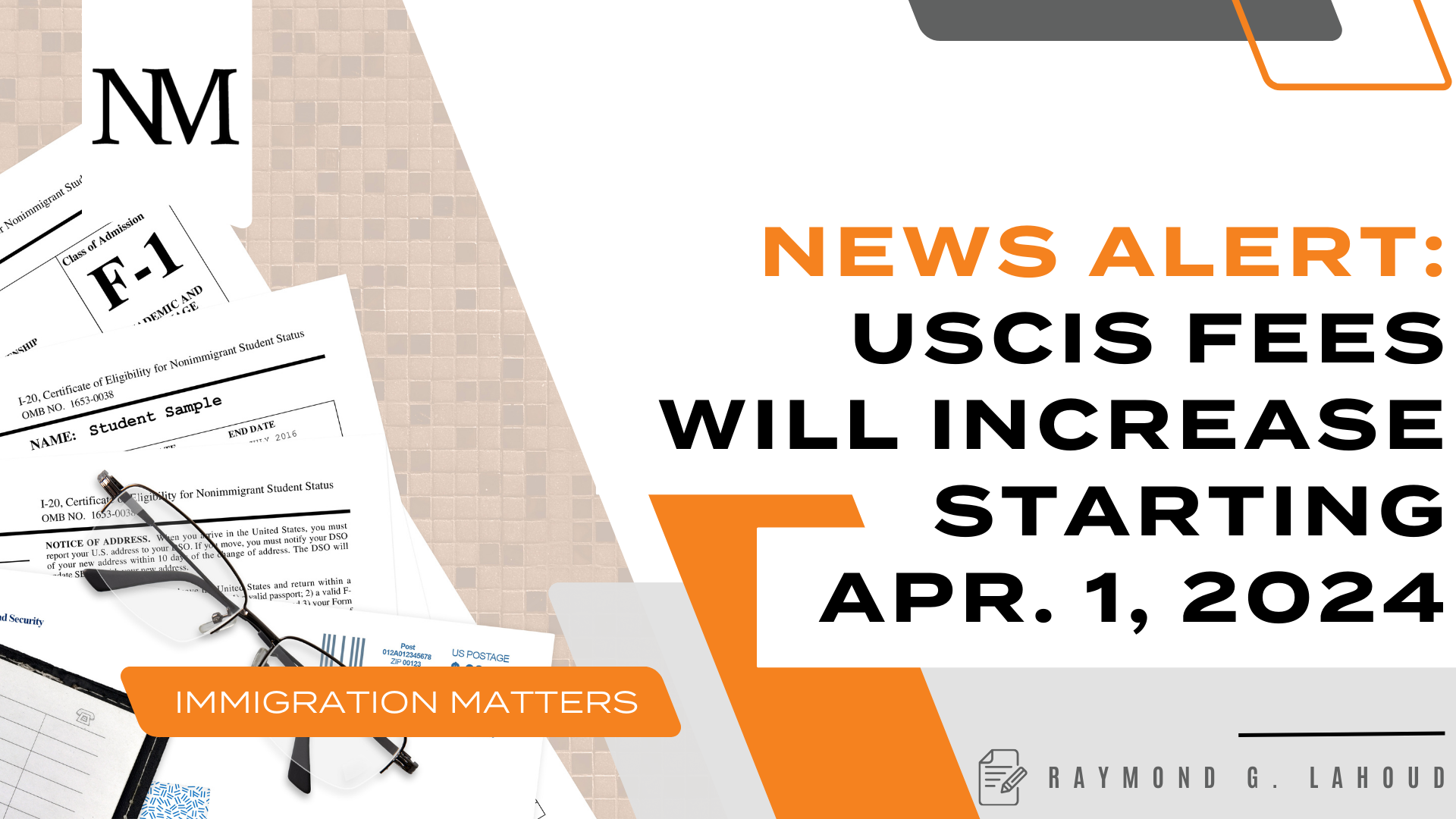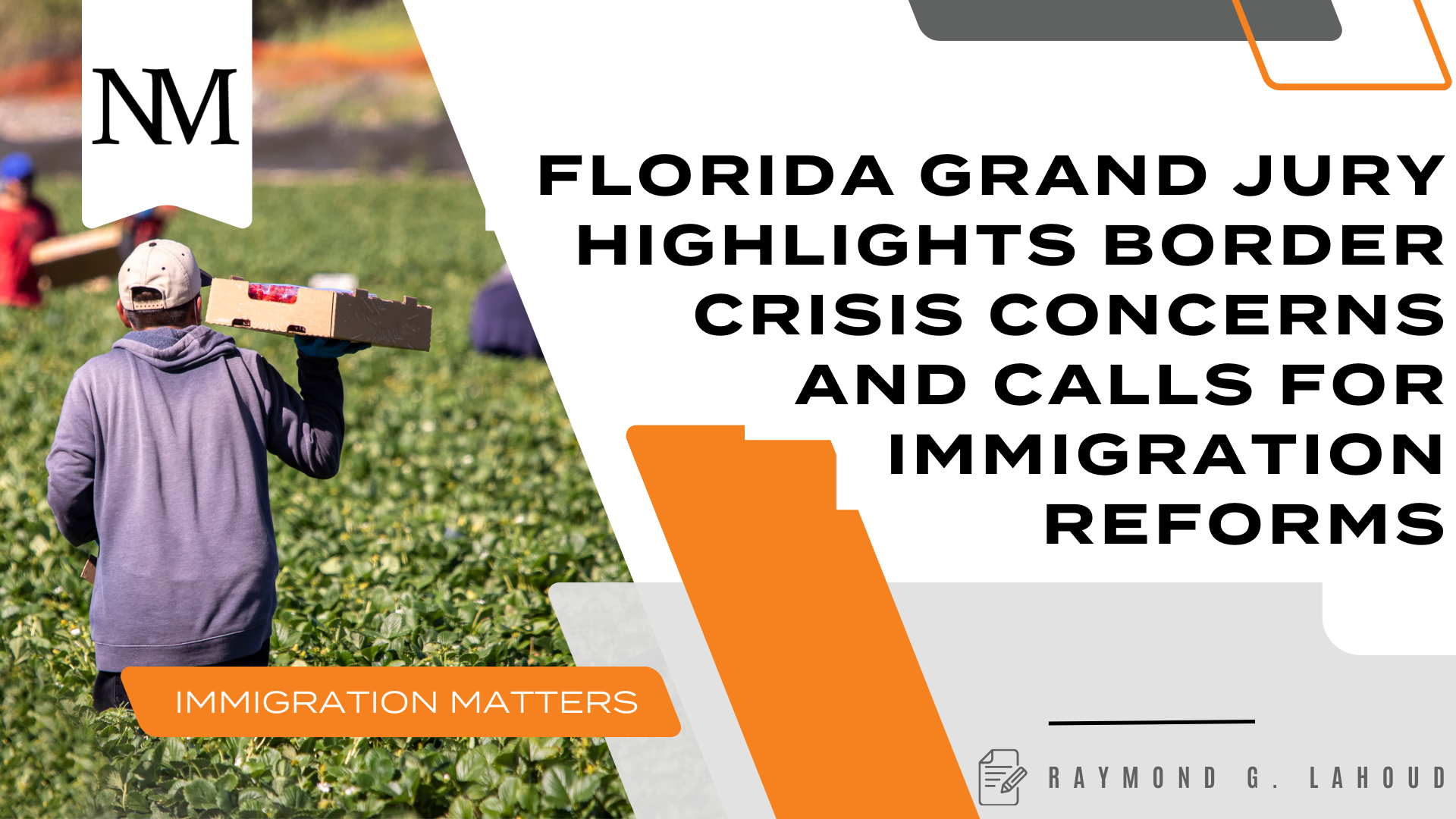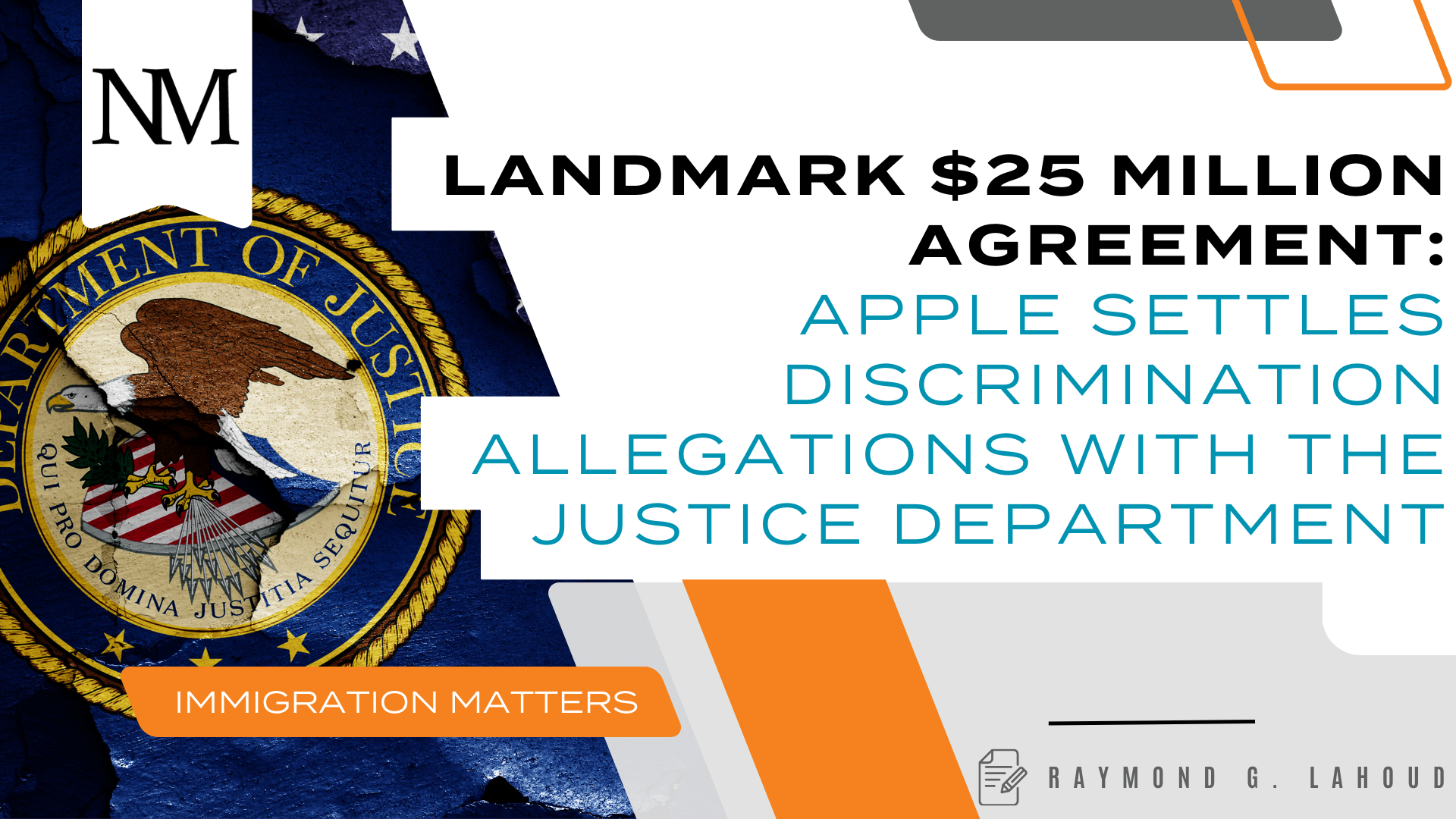EAGLE Act Aims to Reform Employment-Based Green Cards, H-1B Visa Program, and Family-Sponsored Visas

Rep. Zoe Lofgren (D-Calif.), chair of the House Subcommittee on Immigration and Citizenship, and Rep. John Curtis (R-Utah) have introduced the Equal Access to Green Cards for Legal Employment ("EAGLE") Act. Its reforms focus on employment-based green cards, the H-1B visa program, and family-sponsored visas.
The EAGLE Act
The proposed bill makes it harder for fraud to occur. The bill requires all H-1B job postings to be listed on the U.S. Department of Labor ("DOL")'s website for 30 days. Employers are prohibited from employing more than 50% of their workforce through H-1B jobs. The Act also requires employers to adjust wage requirements for H-1B jobs in a way that reflects changes in the cost of living throughout the United States.
The bill's sponsors strongly feel that the proposed changes will reduce H-1B visa fraud, which will, in turn, allow American employers truly in need of foreign workforce to meet their demands better, even without increasing the H-1B visa cap.
The bill also proposes a remedy to the current green card backlogs. By phasing out per-country caps by 2032, the bill would prevent U.S. Citizenship and Immigration Services ("USCIS") from being overwhelmed with an enormous number of backlogged applications.
Present Immigration System Requires Reforms
It is widely known that the immigration system has had many setbacks, and reform is long-awaited. The last major reform was in 1990. At least five presidents have channeled their efforts in proposing drastic immigration reforms, but some have seen little success.
The present immigration system has placed caps on many visa programs, restricting the number of visas issued. This restricts employers with an immediate need for workforce, as they cannot find enough workers to employ within the United States. Since the pandemic, the U.S. has seen acute labor shortages, causing employers to lobby for an increase in the employment-based visa cap.
Employment-based permanent resident visas are subject to a 7 percent per-country cap. India and China have the maximum number of skilled workers on employment-based visas, resulting in skilled workers from these countries waiting for decades for permanent residency. As a result, these skilled workers are often unable to immigrate to the United States.
"We are now seeing recruiters from outside America luring those with highest skills away from the U.S.," Lofgren stated in a press release. Unlike the United States, many countries, like Canada and Australia, use merit-based immigration programs. In the merit-based immigration system, potential immigrants are scored based on language skills, educational degrees, and salary offers. Visas are offered to those who meet the minimum requirements.
Reforms to H-1B Visa Program
One of the most coveted visa programs employers use is the H-1B, an employment-based visa for immigrants in a specialty occupation. Each year, only 85,000 H-1B visas are issued, including 20,000 set aside for applicants with master's degrees and PhDs from American universities. There are far more applicants each year than the numeric limit allows, so a lottery is held. The H-1B program is also criticized for fraud by employers, some of whom employ foreign workers and pay them less than they would pay equivalent American workers.
To learn more about this blog post or if you have any other immigration concerns, please feel free to contact me at rglahoud@norris-law.com or (484) 544-0022.




